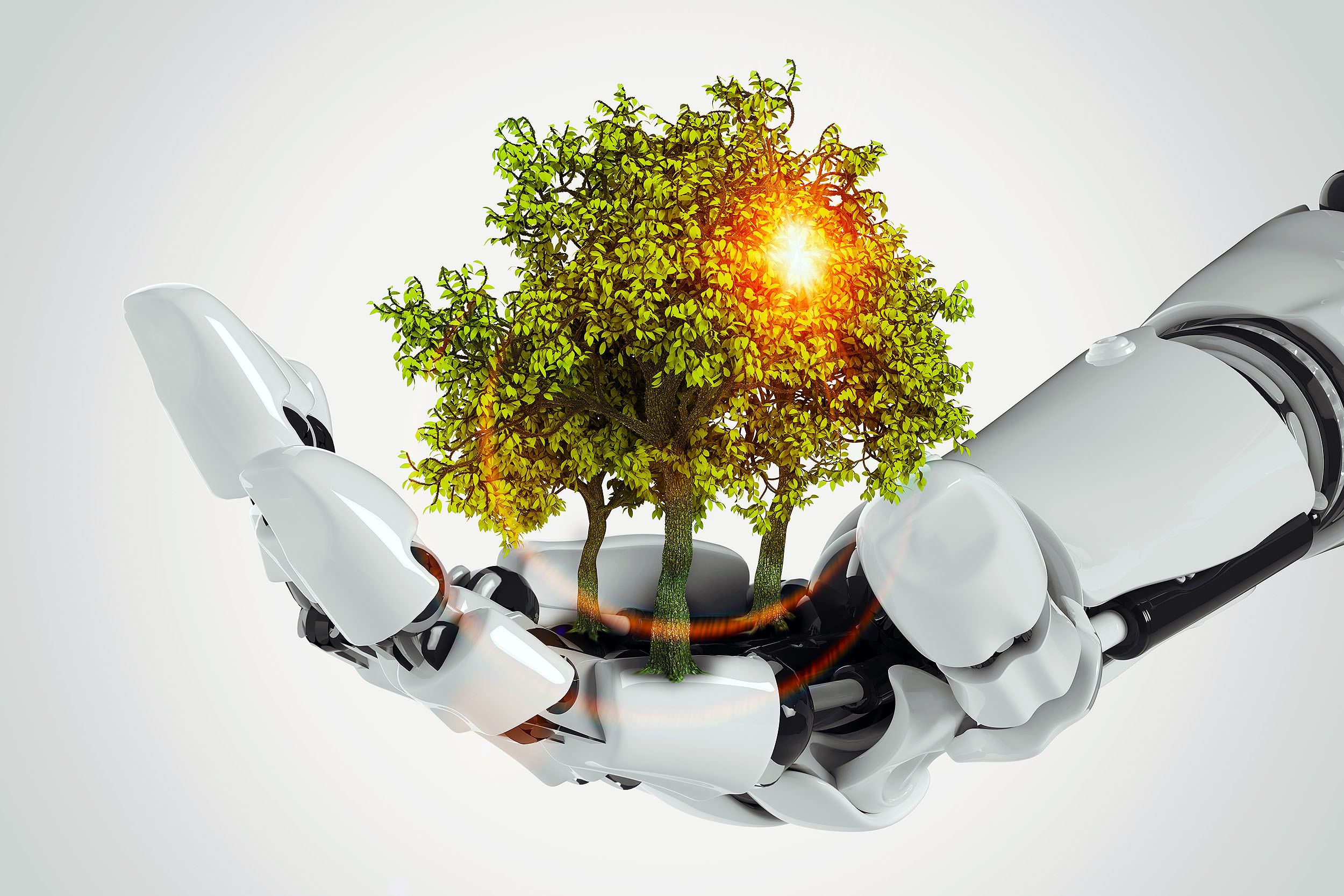We are just beginning to uncover the full extent of artificial intelligence’s capabilities, yet envisioning a future devoid of AI seems increasingly implausible. Whether embraced or resisted, viewed as a remarkable technological advancement or a harbinger of a new societal order, it appears inevitable that artificial intelligence is a permanent fixture in our world. However, the progression of AI is not assured unless a groundbreaking energy innovation emerges to satisfy its voracious appetite for electricity. According to Reuters, artificial intelligence is anticipated to “consume significantly more power than previously anticipated,” necessitating unproven technological breakthroughs to meet this escalating demand.
The carbon footprint of Artificial Intelligence is already comparable to that of Bitcoin, rivaling the energy consumption of entire developed nations. Science Alert reported that the IT industry currently contributes around 2 percent of global CO2 emissions, a figure set to escalate rapidly. Gartner forecasts that by 2030, the AI sector alone could consume 3.5 percent of global electricity if current trends persist.
Reports indicate that training GPT-3, the precursor to ChatGPT, demanded approximately 1,287 megawatt hours of electricity and 10,000 computer chips. This energy expenditure is equivalent to powering around 121 homes in the energy-intensive United States for a year and generating about 550 tonnes of carbon dioxide. OpenAI, the entity behind ChatGPT, reportedly spends roughly US$700,000 daily solely on computing expenses to support its chatbot service for over 100 million users worldwide.
Recently, OpenAI CEO Sam Altman cautioned that the rapid advancement of artificial intelligence is hurtling towards an energy crisis without a viable plan to sustain its escalating energy requirements. Altman emphasized the necessity for a breakthrough in carbon-free energy production to avert this impending dilemma. He expressed optimism in the potential of fusion energy, highlighting the need to invest more in this area.
Altman’s commitment to this cause is evident through his substantial investment in Helion Energy, a U.S. nuclear fusion company, and his involvement with nuclear microreactor company Oklo. These ventures aim to address the energy demands of future AI systems. Altman believes that fission and fusion technologies hold the key to meeting these energy needs effectively.
While AI’s energy consumption poses challenges, it also holds promise in facilitating global decarbonization efforts. The transition towards achieving climate objectives necessitates a monumental shift in systems, requiring intelligent computing systems capable of recognizing and predicting intricate production and consumption patterns. AI already plays a crucial role in various aspects such as renewable energy forecasting, smart grids, energy demand optimization, enhancing power production efficiency, and advancing new materials research and development.
AI could potentially play a pivotal role in combating global warming if harnessed and powered responsibly. Sasha Luccioni, an ethics researcher at Hugging Face, emphasized the importance of considering the environmental impact when leveraging AI for environmental preservation efforts. Responsibly utilizing AI is crucial, as Luccioni noted, “It doesn’t make sense to burn a forest and then use AI to track deforestation.”






